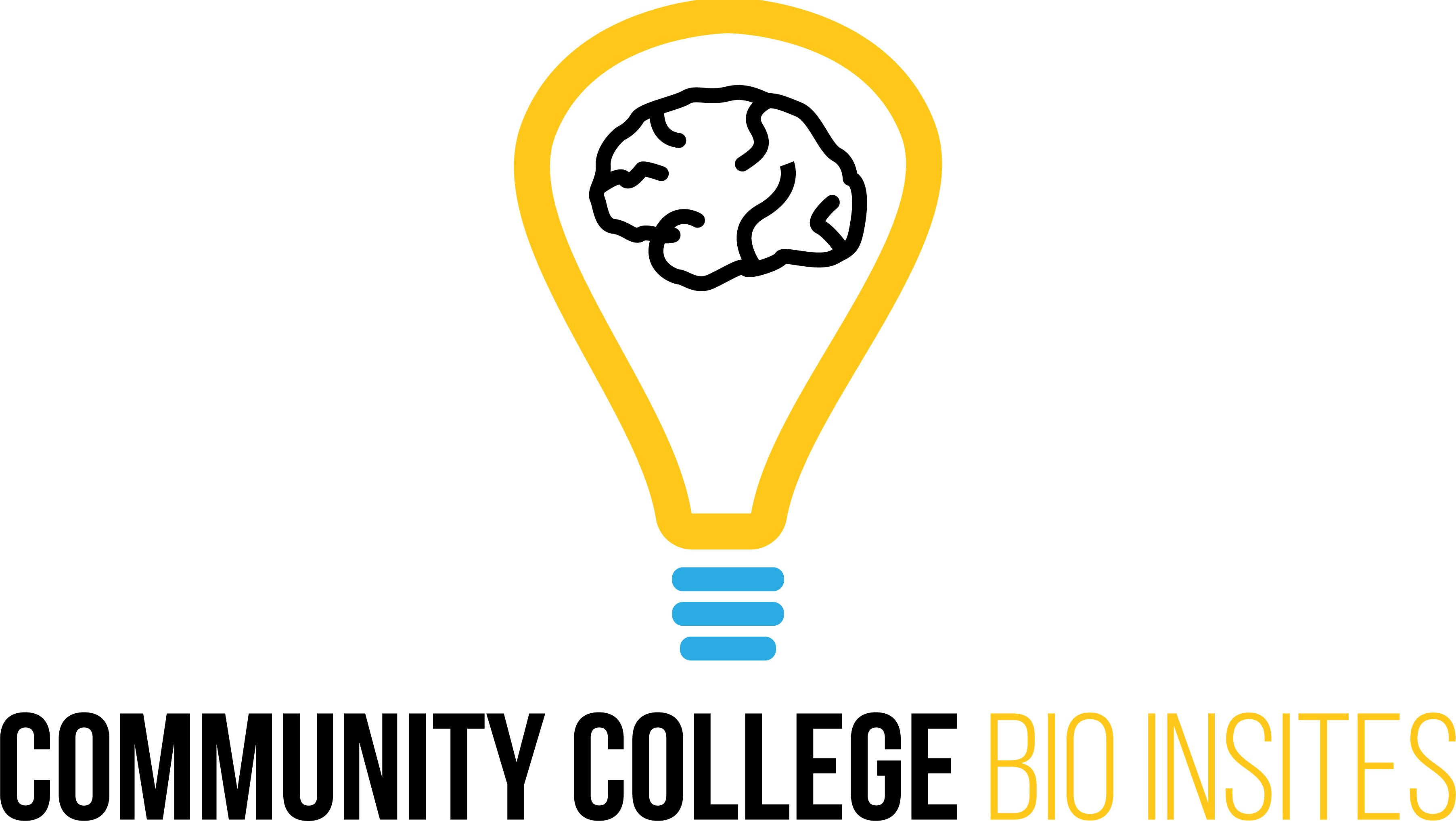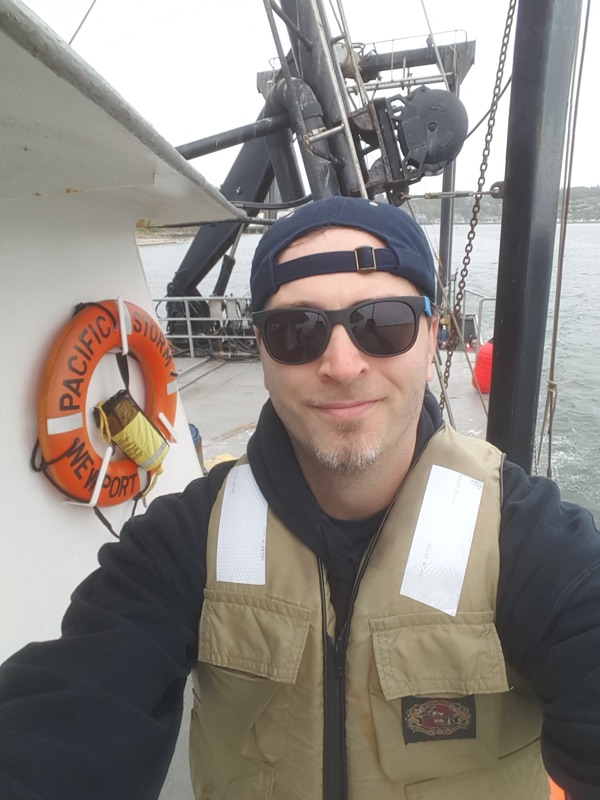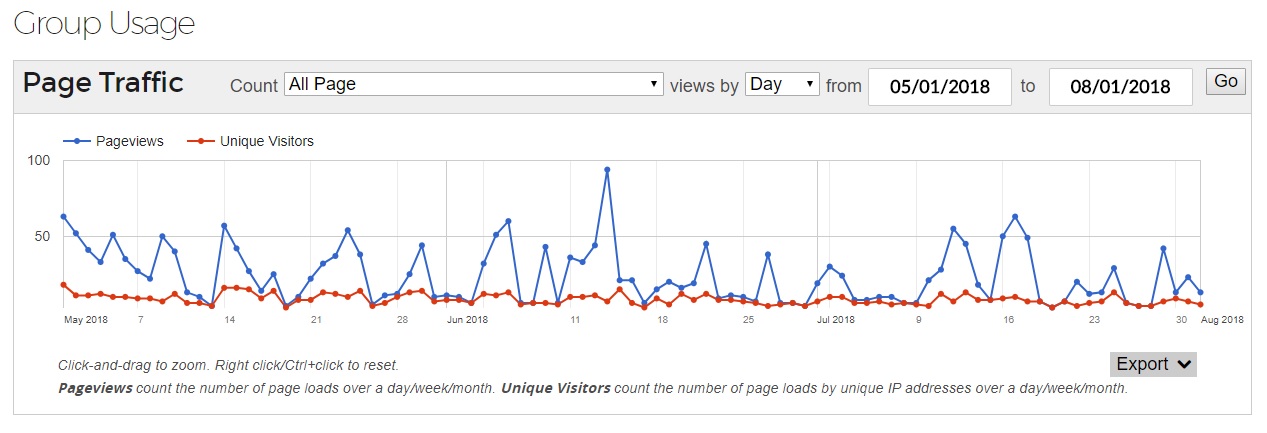|

CourseSource is encouraging new submissions
Are you a faculty, staff, postdoc, or graduate student who has developed biologically-based mathematics activities for the undergraduate classroom or laboratory? If so, please consider sharing your work with CourseSource. CourseSource is a peer-reviewed, open-access journal that publishes teaching resources that have been developed with evidence-based pedagogical techniques. The articles include background information, detailed step-by-step lesson plans, and supporting materials for activities that are organized by courses and aligned with learning goals developed by professional societies. Activities that focus on quantitative skills can be added to established courses (e.g., bioinformatics, genetics, ecology) and/or linked to the Science Process Skills section.
CourseSource is encouraging new submissions and we are excited to publish activities that help all students develop and improve their quantitative skills. The journal editors view their role as coaches in this process and work closely with authors to ensure a high quality and replicable manuscript. Several journal editors are also part of the NIBLSE Leadership Team. The instructions to authors can be found here. By publishing your ideas, you can amplify the impact of your work, help other instructors make connections between mathematics and biology, and enhance your C.V. - all while helping students learn.

CC Bio INSITES member Matthew Fisher has published a paper on perceptions of open textbooks in The American Biology Teacher!

Matthew Fisher is a Biology Instructor at Oregon Coast Community College and a member of the Community College Biology Instructor Network to support Inquiry into Teaching and Education Scholarship (CC Bio INSITES), which is an NSF-funded network that aims to increase and support community college instructors' investigations into teaching and learning biology. In his paper, “Evaluation of Cost Savings and Perceptions of an Open Textbook in a Community College Science Course”, published in The American Biology Teacher, Matthew assessed student perceptions of an open textbook and calculated cost savings - which averaged $81. His study characterizes efforts to improve instruction in a single class and also highlights an issue addressing accessibility of learning in Community College contexts.

QUBES Near You
Hayley Orndorf, Sam Donovan, Ahrash Bissell, & Lauren Collister will present a poster titled, “Documenting teaching scholarship among undergraduate biology educators using OER”, at the 15th Annual Open Education Conference, which is being held on October 10 - 12 in Niagara Falls, New York. Read the abstract below.
Abstract:
The Quantitative Undergraduate Biology Education and Synthesis (QUBES; qubeshub.org) project is designed to support faculty improving biology students’ quantitative skills. Our primary strategy to this end involves engaging faculty in professional development and teaching activities that build their identities as teaching scholars. An important component of building a scholarly identity involves the production, public sharing, and documentation of educational materials. We have adopted an open publishing framework for capturing diverse examples of faculty scholarship and launched a series of online mentoring communities that support faculty participation. Our platform is a git-like system for managing OER creation within the HubZero scientific gateway infrastructure. It features version tracking, automated attribution for derivative works, license selection, DOI assignment, a suite of communication and collaboration tools around engagement with published materials (e.g., following, commenting, collecting), and tracking of metrics around their use (e.g., comments, views, downloads, forks).
Though few of the technical features in our system are novel, we believe that we have established an important use-case that demonstrates the potential for connecting professional development to participation in the full OER life cycle. Furthermore, we are in the process of collecting data about the use of OER publishing as an important component of documenting scholarly activities for use in evaluation, tenure, and promotion for faculty from diverse institution types. We have had more than 350 submissions representing many different authors. The QUBES teaching-resource collection includes several adaptations that reflect customization for different student audiences, use in different teaching contexts, data localization, and reworking for use with different analysis tools. We still face challenges communicating the goals, norms, and ethos of Open Educational Practices to undergraduate-biology faculty. We also face social and technical difficulties interfacing with existing education projects and sharing resources from other collections. Nonetheless, by situating OER practices within a strong professional network, where existing expectations and mechanisms of trust are already well established, we are seeing that many of the traditional impediments to the realization of a fully fledged OER life-cycle are either not present or relatively easy to overcome. We believe that other communities of practice with an interest in collaborative professional-development activities can learn from the QUBES example and easily adapt our approach to their needs.

NSF INCLUDES CONFERENCE:
Bringing Conversations on Diversity and Inclusion in Data Science to the Environmental Sciences
April 2-4, 2019
Boulder, Colorado
Growth in large ecological datasets and large environmental synthesis projects has resulted in the need for a diverse workforce with technical data science skills. A variety of organizations support underrepresented groups entering the data science field through training, mentoring, and networking opportunities. However, many of these initiatives have been developed in isolation, limiting opportunities for an exchange of ideas and lessons learned. This conference will facilitate development of the Environmental Data Science Inclusion Network (EDSIN) to strengthen initiatives across existing alliances and organizations to recruit and retain individuals from underrepresented groups in data science careers.
Who Should Attend
- Researchers focusing on recruitment and retention of underrepresented groups in STEM fields, quantitative biology education, or related areas
- Project leaders for STEM programs serving underrepresented groups
- Employers committed to hiring and retaining a diverse data science workforce
- Mentors with experience working with students and early career professionals underrepresented in STEM
- Evaluators doing work with STEM education programs
- Educators who teach data science skills to learners of all ages
How to Apply
Funding is available through the National Science Foundation to support travel and participant costs for most attendees although there will be space available for those able to provide their own funding. To attend and/or be considered for funding, please fill out the application found on our website (edsin.qubeshub.org) by October 1. Applicants will be notified in early November of their acceptance.
Unable to attend in person? We will be live-streaming the event! Details will be provided on our conference website as they become available.
Questions
Contact Alycia Crall: acrall@battelleecology.org
Attention QUBES Partners! The recently revamped Usage tool allows you to document activity on your partner pages.
QUBES partners with various quantitative biology education projects who use the QUBES infrastructure to collaborate and share. This article is expected to be of interest to QUBES Partners, especially those who manage a QUBESHub group for their project.
The Usage tool is one of several community features available within groups on QUBESHub. The Usage tool tracks website traffic to group pages and other community actions, such as the number of Resources, Blog Entries, and Membership Approvals. Drew LaMar, QUBES PI and Director of CyberInfrastructure, has recently given the Usage tool an overhaul, giving you another flexible tool for tracking and reporting on the impact of your project. We hope that you are able to take advantage of the “usage” data to document activity on your project pages and better understand when and why your members are visiting your site. Several projects have reported that they are using the data as part of their reports to funders.
The Usage tool shows the number of pageviews and unique visitors for your group pages. Pageviews is the number of visits (that is, the number of page loads). Unique Visitors is the number of unique visitors based on IP address. For example, if a single IP address visits a particular page 27 times, it would be counted as 27 pageviews and 1 unique visitor. It’s worth noting that some institutions are behind a firewall that has only 1 IP address. Therefore, the number of Unique visitors is always an underestimate.

You can explore the Usage data in several ways:
- You can view the number of pageviews and unique visitors for each individual group page or for all of your group pages combined.
- You can view the data by day, by week, or by month.
- You can adjust the range of dates that appear in the graph.
- You can click-and-drag to zoom in on a particular portion of the graph.
- You can export the data for the plot as a CSV file, a PNG image, and an SVG image.
Learn more about the Usage tool and how you can easily grab data on website traffic to your group site in this Knowledge Base Article.
We are actively working on providing meaningful metrics that will help you manage your community, so please give us your feedback on the Usage tool.
|